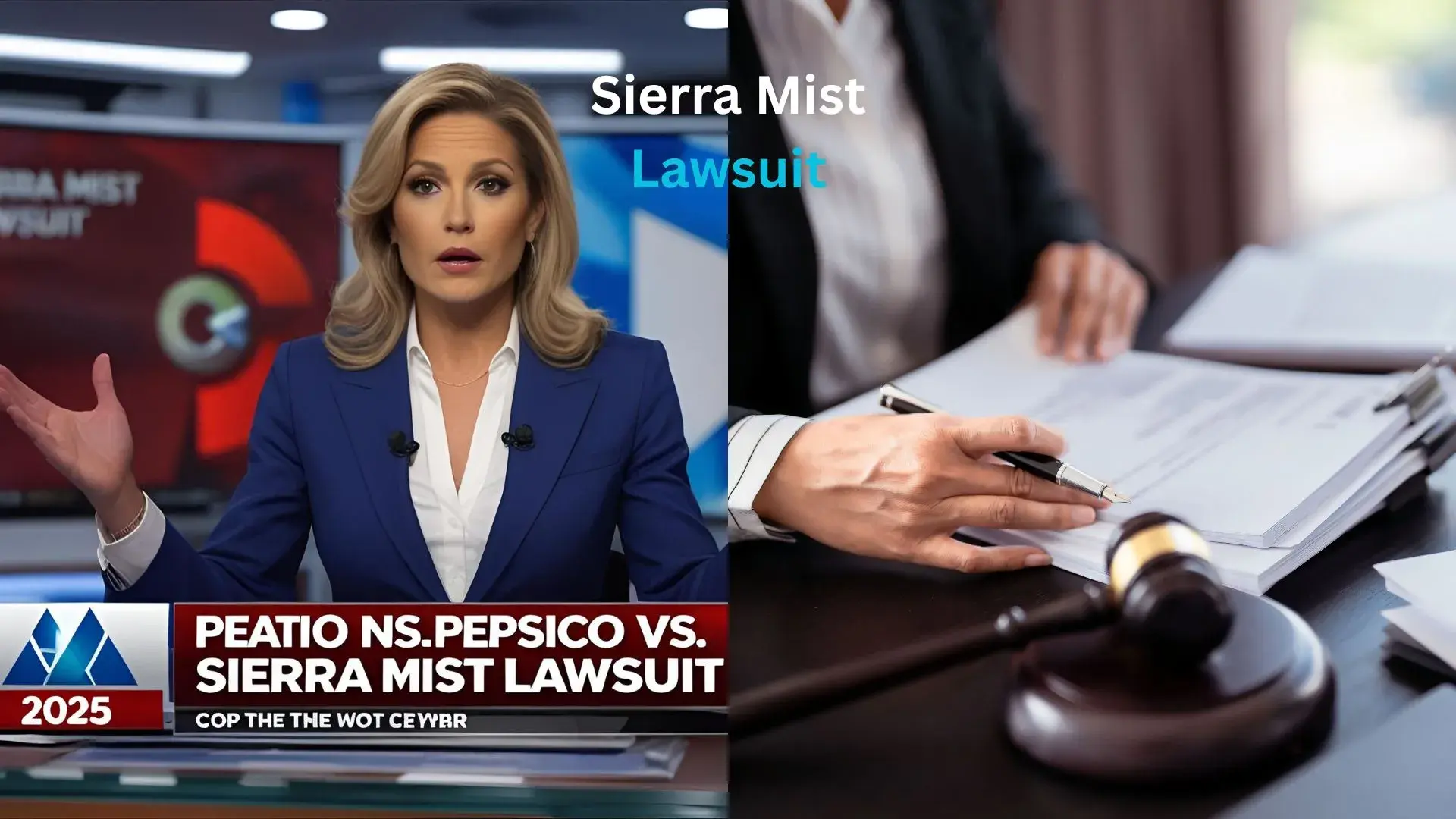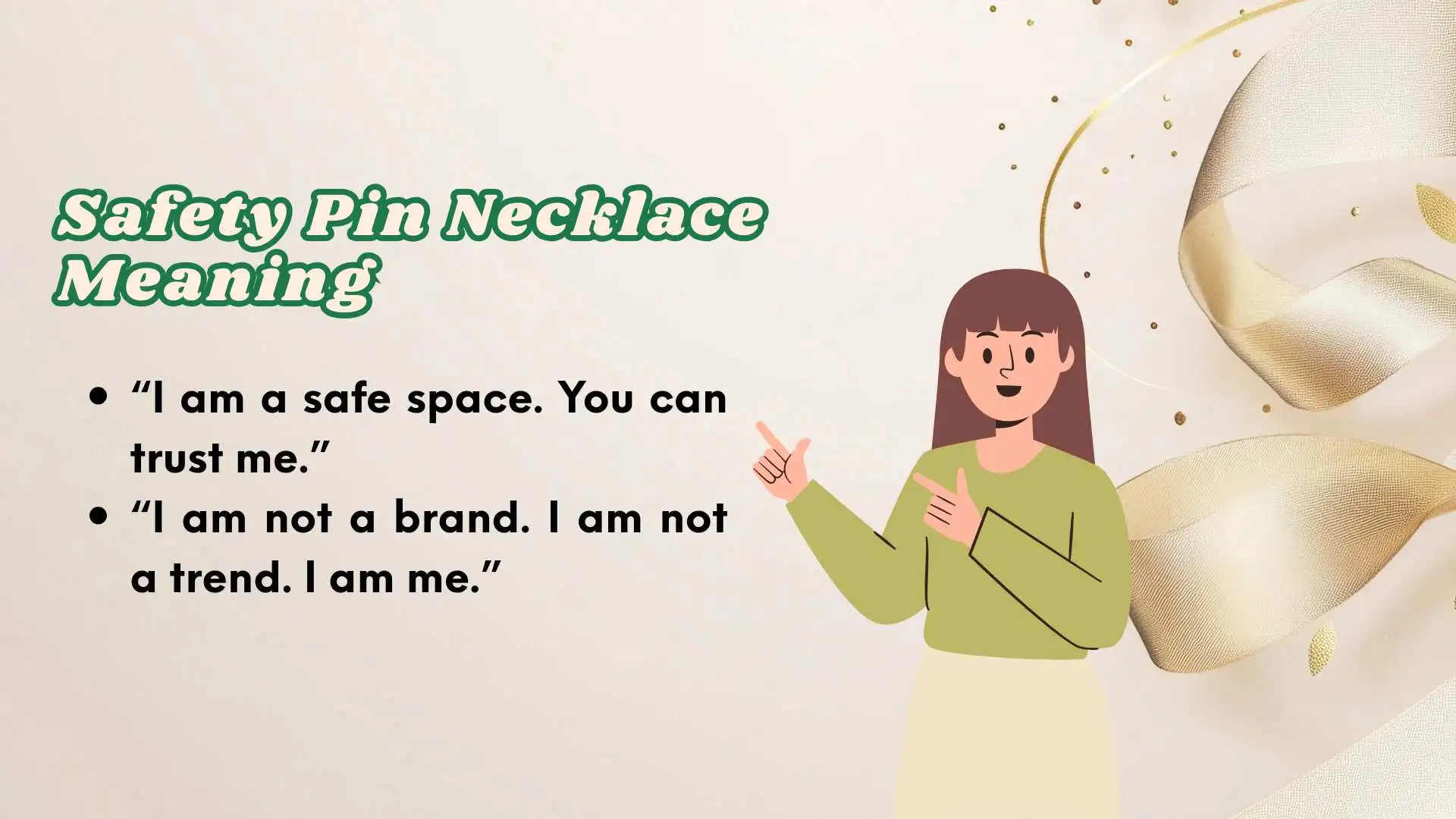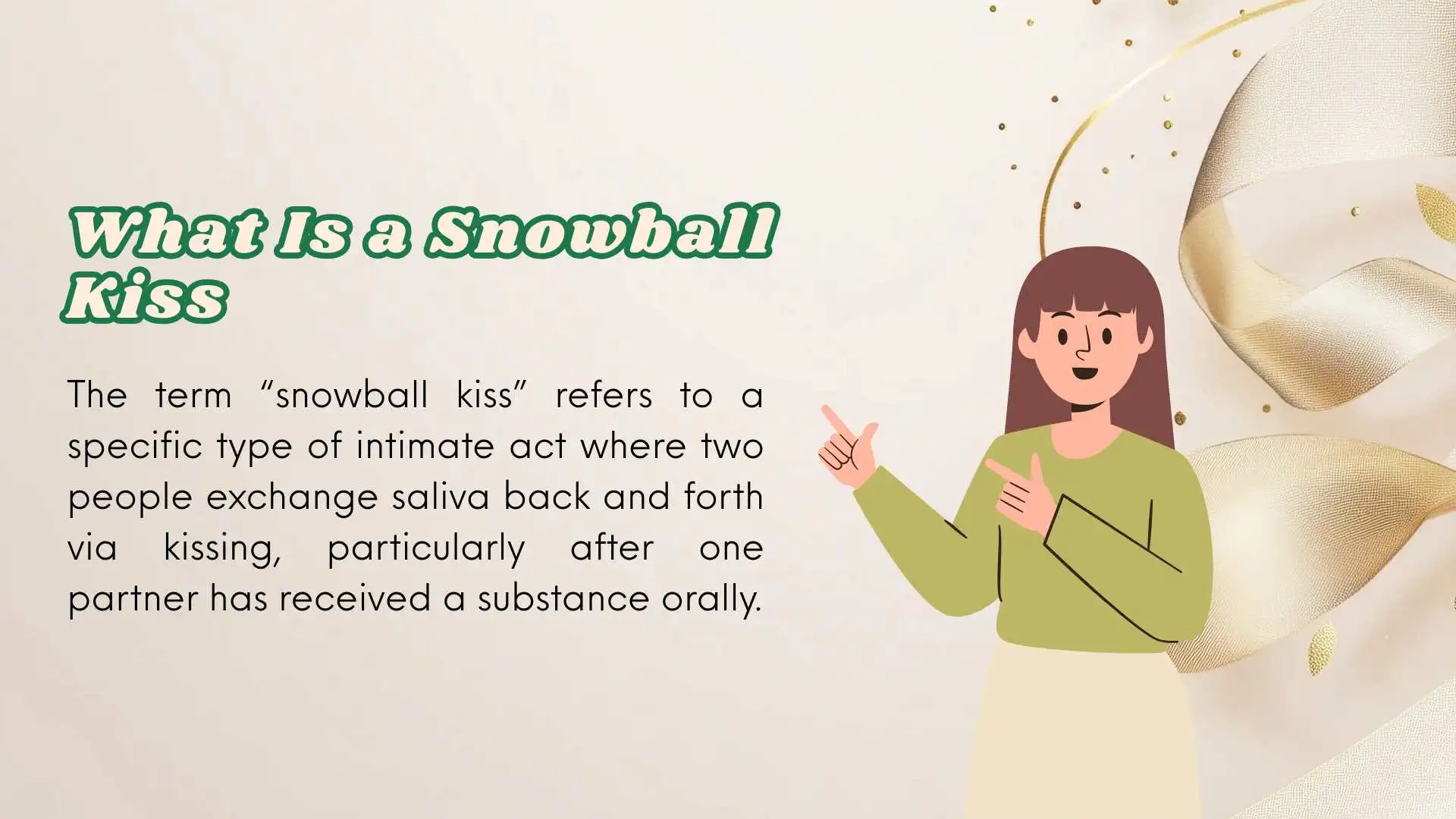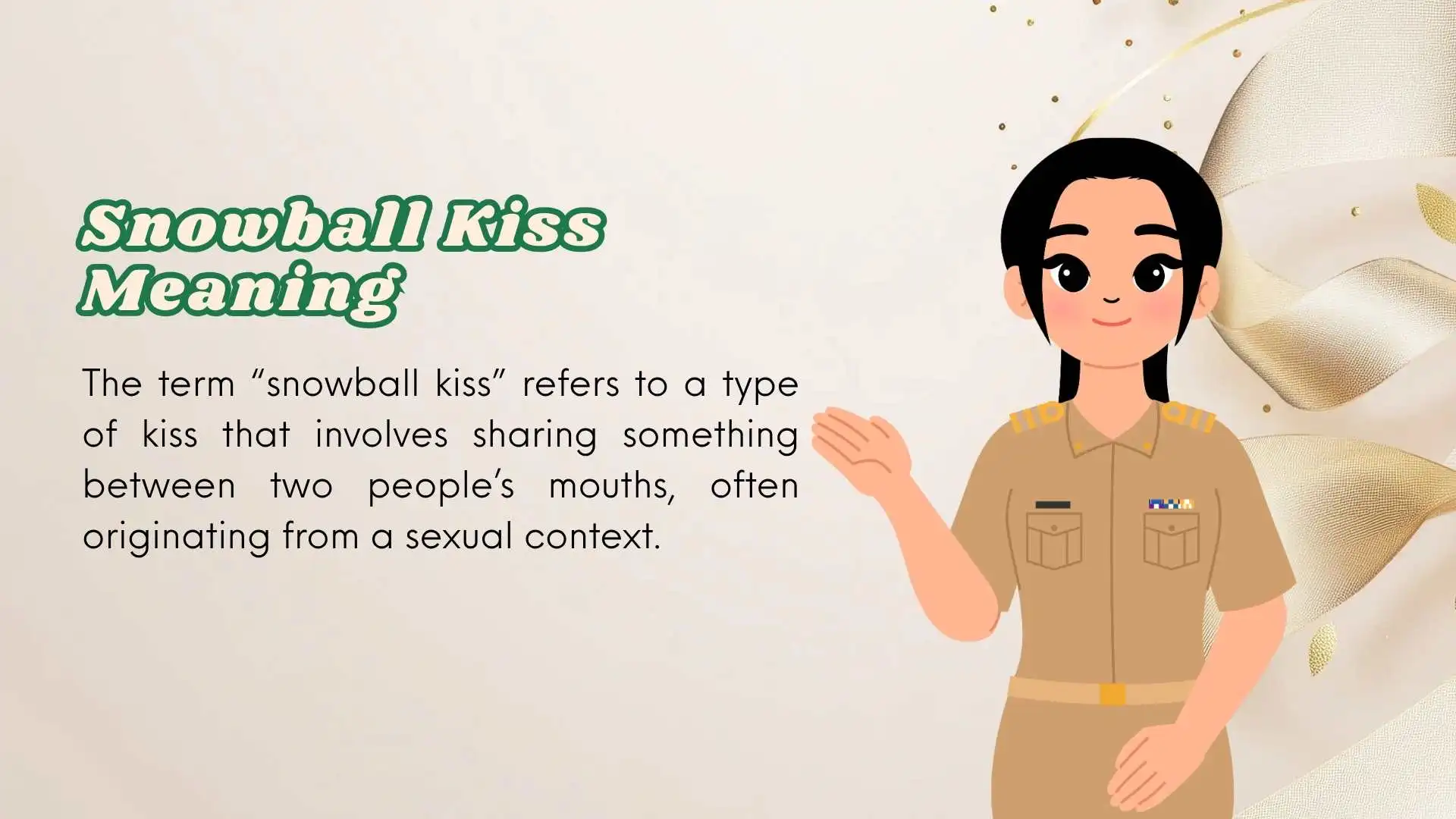The Sierra Mist lawsuit has stirred a storm across the internet. It’s a case where social media branding, corporate law, and influencer culture collide.
At its heart lies a legal dispute between a global soda company and a TikTok creator with a similar-sounding name.
In this post, we’ll break down the facts behind the PepsiCo vs. Cierra Mistt controversy, explore the real trademark infringement concerns, and uncover how online identity in the digital age can create unexpected legal tension.
What Is the Sierra Mist Lawsuit About?
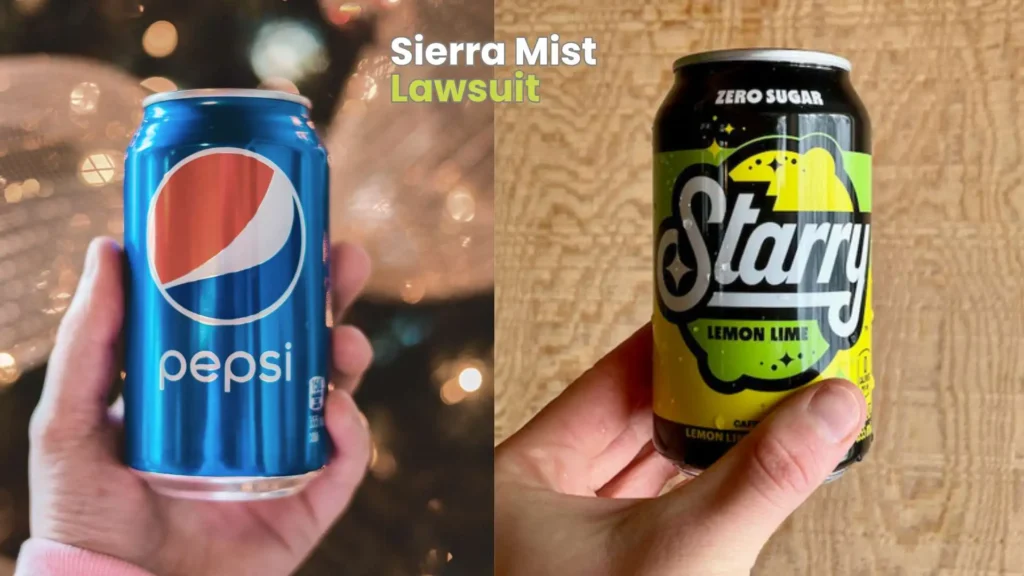
The core of this lawsuit involves brand confusion between PepsiCo’s discontinued soda, Sierra Mist, and a TikTok influencer who goes by Cierra Mistt.
Shortly after PepsiCo retired Sierra Mist and introduced a new soda named Starry, Cierra Mistt claimed she received a cease-and-desist letter from the beverage giant.
Her story alleged that PepsiCo accused her of trademark infringement due to the similarity between her name and the brand.
Cierra Mistt claimed she registered the Sierra Mist trademark herself after discovering PepsiCo “let it lapse.”
She also claimed to have refused a multimillion-dollar offer to transfer it back to PepsiCo. However, no official court documents or trademark evidence have supported these claims.
Quick Timeline of Events
| Date | Event |
| Early 2023 | PepsiCo discontinues Sierra Mist, launches Starry |
| Mid 2023 | Cierra Mistt posts video claiming PepsiCo sued her |
| Late 2023 | Claims surface that she “won” the legal dispute |
| 2024–2025 | Legal experts debunk the claim of PepsiCo’s trademark lapse |
Who Is Cierra Mistt?
Cierra Mistt is a popular TikTok content creator and self-described flight attendant. She built her following through entertaining videos that often touch on airline humor, life hacks, and viral challenges.
She began using the alias “Cierra Mistt” long before her TikTok fame. Her content is rooted in lifestyle and aviation themes, but the name’s resemblance to the soda brand eventually became a point of contention.
In 2023, she went viral after claiming that PepsiCo tried to sue her. She presented herself as a content creator standing up to a corporate branding giant. Her fans rallied behind her, turning the story into a full-blown viral controversy.
Why Did PepsiCo Allegedly Sue Cierra Mistt?
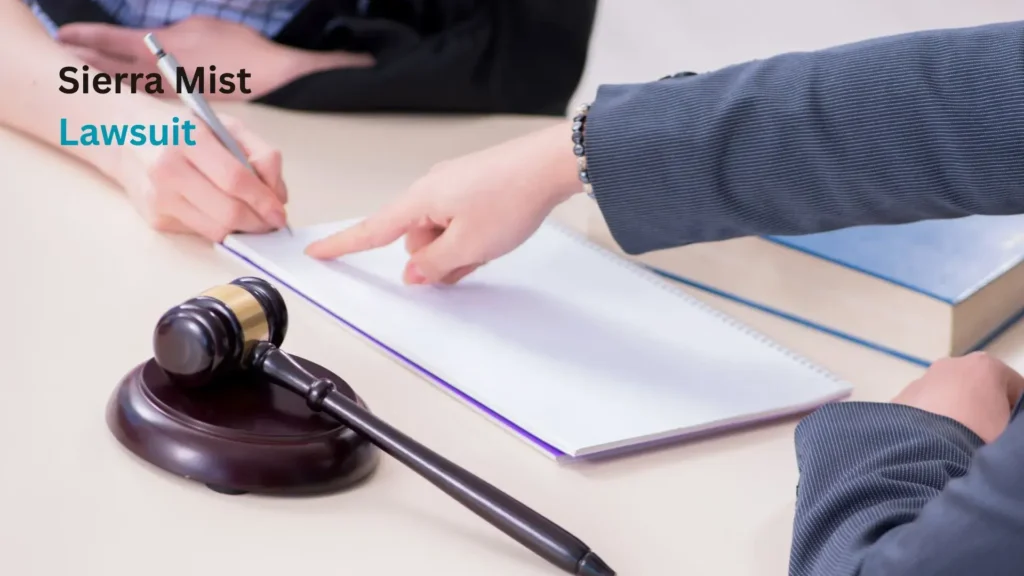
At the center of this case is the concept of trademark infringement. Here’s what the alleged concern boils down to:
- Similar Naming: “Cierra Mistt” sounds nearly identical to “Sierra Mist.”
- Online Branding Overlap: Both names existed in public space—one as a soda brand, the other as a digital influencer.
- Trademark Dilution Risk: If audiences confuse her persona with the soda, it could dilute PepsiCo’s trademark rights.
This kind of situation is legally known as digital identity conflict. Even if Cierra Mistt wasn’t selling soda, her use of the name on a platform with millions of users could still create consumer perception issues.
Understanding Trademark Infringement
Here’s what needs to happen for a valid trademark violation claim:
- The accused party must be using a name that’s confusingly similar to a protected trademark.
- The original trademark owner must prove that the public could mistake the source of goods or services.
- Intent doesn’t matter—even accidental confusion can trigger legal action.
If PepsiCo truly believed that Cierra Mistt’s content was damaging their brand, they would have been within their rights to take legal steps to protect it.
But again, no public records show a formal lawsuit was filed.
Sierra Mist vs. Cierra Mistt: What’s the Conflict?
Let’s break it down side by side:
| Factor | Sierra Mist (Brand) | Cierra Mistt (Influencer) |
| Type | Lemon-lime soda | TikTok personality |
| Owned by | PepsiCo | Individual |
| Trademark Status | Registered and active | No confirmed trademark registration |
| Public Recognition | U.S. national soda brand | Social media creator with global reach |
| Digital Presence | Discontinued in 2023 | Active and growing |
While there was no direct commercial competition, brand confusion in the eyes of consumers is a major concern in trademark law.
The Role of Rebranding and Starry Soda
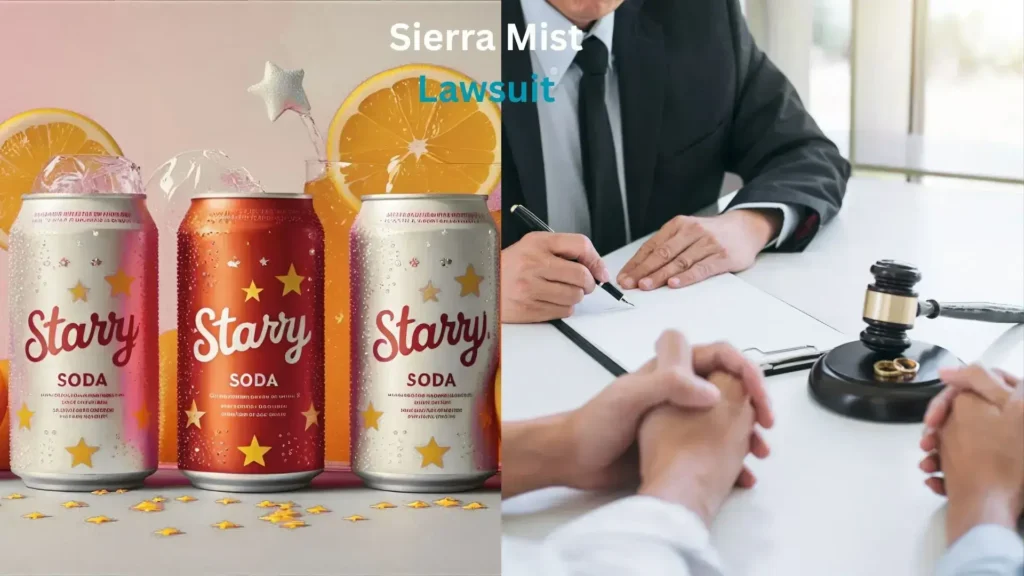
PepsiCo didn’t just drop Sierra Mist quietly—they replaced it with Starry, a new soda aimed at younger consumers.
This rebranding came with:
- A fresh identity and logo
- A Gen Z marketing strategy
- An effort to compete with Sprite and 7Up
Public speculation grew when Cierra Mistt linked PepsiCo’s product change to her alleged lawsuit. Many believed the company was forced to rebrand due to legal pressure, but this narrative doesn’t align with verified trademark timelines.
Legal Grounds: Trademark Law Meets Social Media
Today’s online identity issues are evolving quickly. Influencers create brands of their own—usernames, logos, taglines—without always checking if they overlap with existing intellectual property rights.
Here’s why this lawsuit got so much attention:
- Influencer marketing is a billion-dollar industry
- Online community support can reshape public narratives
- Social media controversies go viral overnight
This case reflects the legal implications of branding in the digital age. A seemingly harmless username can spark corporate panic if it threatens a major brand’s public identity.
Key Legal Takeaways
- Trademarks don’t expire like copyrights. They must be renewed and used commercially.
- A registered trademark protects more than just logos; it can include names, colors, and slogans.
- Platform influence matters: the larger your audience, the bigger the legal risk if you mimic a known brand.
PepsiCo’s Silent Response and Public Opinion
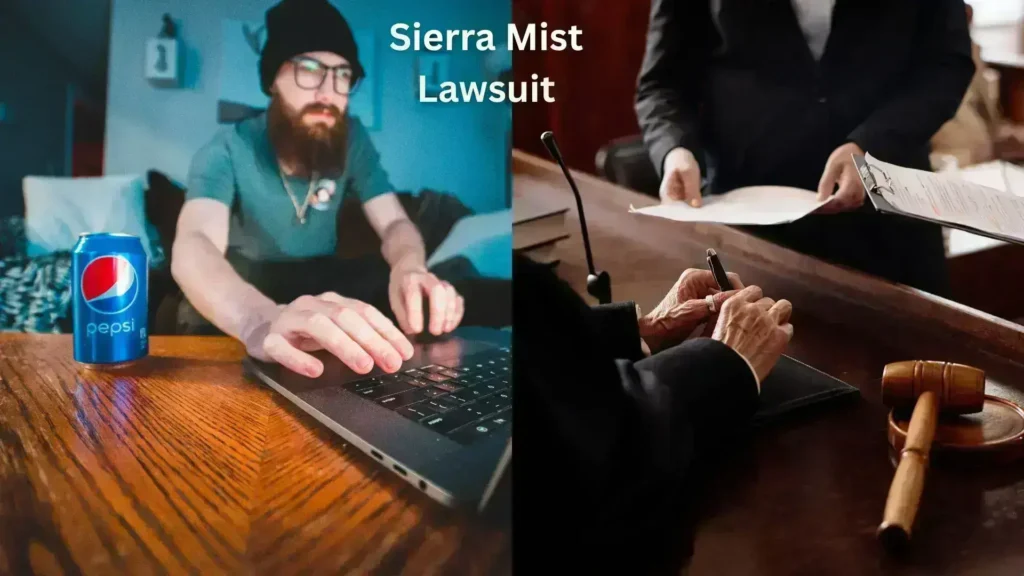
Despite the viral story, PepsiCo made no official statement. This silent corporate response fueled more speculation.
Meanwhile, online branding overlap and consumer behavior trends drove the narrative. Users took sides:
- Some mocked PepsiCo for allegedly going after a creator
- Others questioned the legitimacy of Cierra Mistt’s claims
- Many cited trademark records showing PepsiCo still owns Sierra Mist
In influencer-driven media, narrative shaping often happens without facts. That’s how reputational crises begin—especially when the full truth isn’t public.
Social Media Lawsuits: Not an Isolated Case
This isn’t the first time a creator clashed with a corporation:
- Creators using names similar to popular games, brands, or celebrities have faced legal threats.
- Some have had their accounts suspended or rebranded.
- Companies are more aggressively protecting their trademarks online.
Influencers must understand that their digital identities aren’t immune from the rules that apply in the corporate world.
Content Creation Legal Risks
Before you build a brand around a catchy name:
- Search the trademark database
- Avoid phonetic similarities to existing brands
- Check for domain names and social handles that are too close to major products
Failing to do this can lead to lawsuits, cease-and-desists, or worse—losing your brand entirely.
Unresolved Legal Case or Just Viral Speculation?
The most critical fact here is this: There’s no record of an actual lawsuit.
While Cierra Mistt’s story was dramatic and viral, the available evidence suggests:
- PepsiCo never formally sued
- Trademark registrations for Sierra Mist remain active
- Her claims may have been exaggerated or misunderstood
What we witnessed was a viral lawsuit narrative without legal teeth—but with major influence.
What This Means for Influencers and Brands Moving Forward

This case is a wake-up call for everyone creating content or managing a brand online.
For Influencers
- Don’t assume your personal brand is protected just because it’s your idea
- Be cautious with names that sound like famous brands
- Understand that digital branding rights still follow real-world laws
For Corporations
- Monitor influencers using names close to your brands
- Stay proactive about brand protection strategies
- Communicate clearly when public confusion arises
Both Sides Should Consider:
- Online controversy moves faster than legal systems
- A lawsuit—real or not—can shape public opinion
- Today’s internet speculation can become tomorrow’s headline
Frequently Asked Questions
Did Cierra Mistt win a lawsuit against PepsiCo?
No. There’s no evidence a lawsuit ever happened or was resolved in court.
Why was Sierra Mist discontinued?
PepsiCo replaced it with Starry to better target younger consumers. It had nothing to do with legal action.
Can an influencer get sued for using a similar name to a brand?
Yes. If the name causes confusion or damages the brand, companies can pursue legal remedies.
Was PepsiCo’s trademark inactive?
No. Their Sierra Mist trademark is still active and registered.
Final Thoughts
The Sierra Mist lawsuit is less about courtrooms and more about the power of public storytelling.
It reflects how easily misinformation, social media branding, and online identity conflicts can blur the line between fact and fiction.
Whether or not a legal battle ever occurred, the story itself became a powerful case study in reputation management, influencer marketing, and the evolving nature of intellectual property rights in the digital world.

Dulcie Mae is a passionate storyteller, known for her ability to weave deep emotions into captivating narratives. With a unique voice that resonates with readers around the world, she explores themes of love, loss, and personal growth through her writing.
She is the acclaimed author of “Whispers Between the Pages”, a heartfelt novel about rediscovering oneself after heartbreak, and “Beneath the Lavender Sky”, a poetic journey through healing and hope. Her latest release, “The Silence of Wildflowers”, has touched the hearts of many with its lyrical prose and unforgettable characters.

